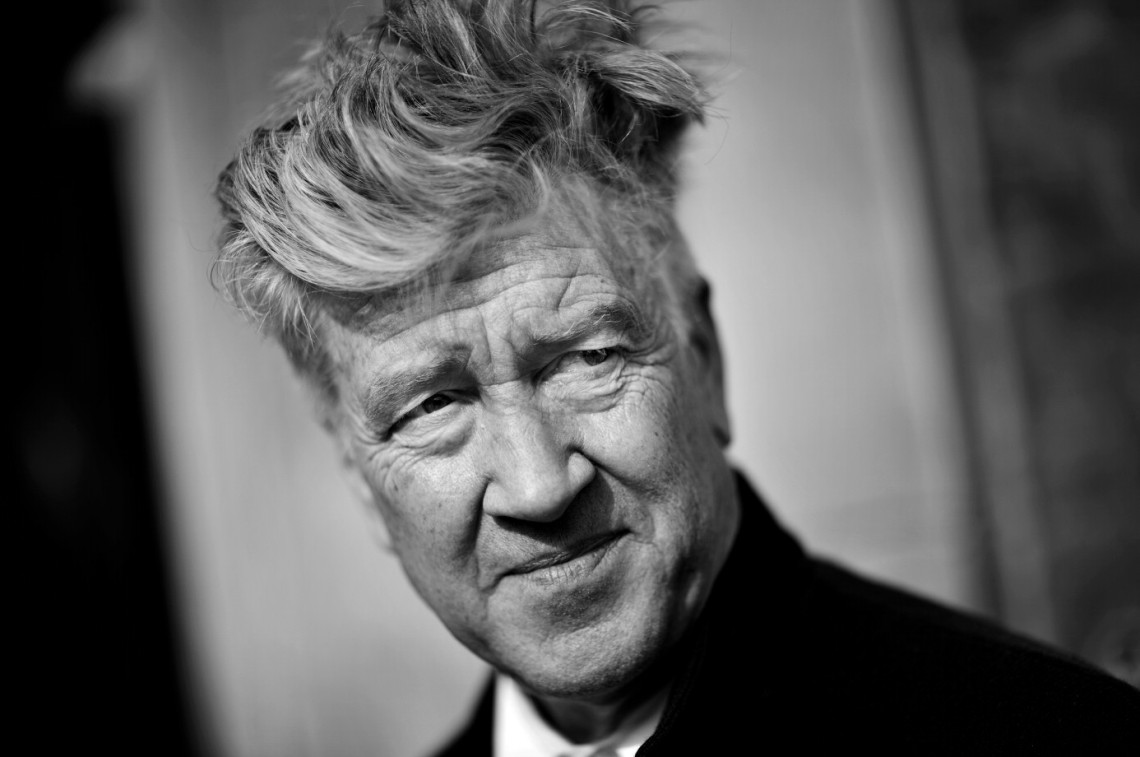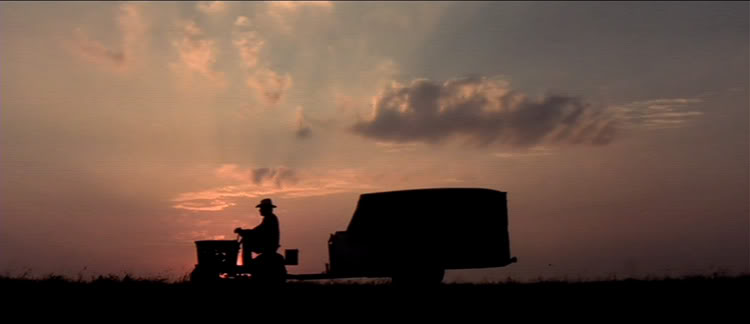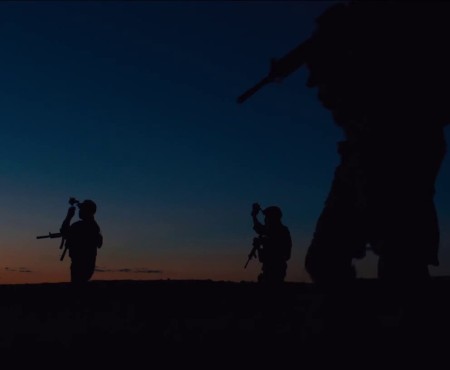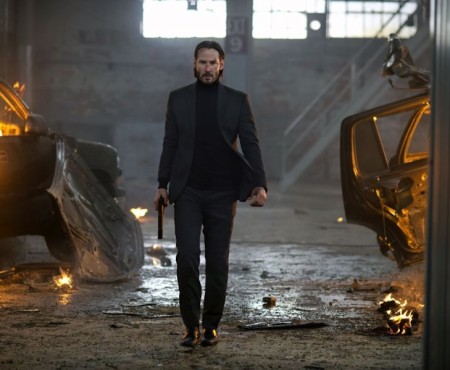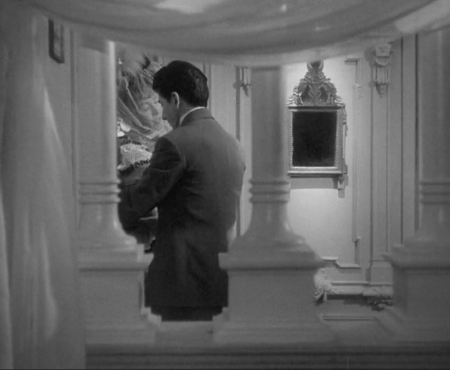It is time to celebrate the birthday of cinema’s most influential director of the bizarre. He chills our bones with overwhelming frights, haunts us with unjust happenings beneath beautiful surfaces, makes us laugh at quirky in-jokes, and warms us with heady romance. In some of his works, like Twin Peaks and Blue Velvet, he manages to convey these various emotions within a short time span while maintaining a coherent aesthetic. Since you have seen Blue Velvet about 5 times and watched through the entirety of Twin Peaks twice already, here’s a guide to some pieces of Lynch’s repertoire in which you might have not indulged. With this list, you can celebrate the director’s birthday without having to repeat the reoccurring nightmares you have already experienced (not that there’s anything wrong with that). If you have not yet experienced the aforementioned delights, perhaps you should do so rather than introducing yourself to Lynch with these lesser works.
1. On the Air (1992)
In the 90s, Lynch teamed with Mark Frost to create a show—I know what you’re thinking, but no, I’m not talking about Twin Peaks. This comedy show revolves around the dysfunctional staff of a 1950s sitcom, who are attempting to put on a live variety show. With a dim-lit actress, a sporadic control guy (due to, not a lack of but, an enhancement to his vision), a heavily German-accented director, and a confused poodle, the staff causes major mistakes throughout the live taping of the show… which leads it to be a success? If you enjoy the cutesy communication struggles of the Twin Peaks’ Police Department’s secretary, Lucy Moran, and always wished for more of it in Twin Peaks, On the Air might be the show for you. To most, the show will tire and irritate pretty quickly, which is probably why only three episodes of the series were aired in the U.S.
2. Hotel Room (1993)
Believe it or not, David created another little TV series that aired for three episodes in the 90s. This one, an HBO mini-series, was not the good-natured, fun approach he took with On the Air. This has the flavor of what one thinks of when one hears “Lynchian”: A sound-scape of faintly deep rumblings and synth-driven score, dimly lit sets with odd-shaped chairs and solid-colored curtains, and creepily lingering camera-movement. It is mostly dialogue-driven, as each episode of the series pretty much revolves around conversation between characters, but it still manages to be disquieting. Above is the third episode, “Blackout,” which you should watch in a dark room alone.
3. The Straight Story (1999)
Out of all his features, this Walt Disney-produced, G-rated melodrama seems to be the lost film on the director’s resume. You might find that even huge Lynch fans leave it out of conversations when discussing the films of his career, which is probably because it lacks the bizarre, boldly eccentric quirks that have come to define his aesthetic. With this feature, Lynch proves that he can make a straight narrative of novelty without getting weird. This film advocates inspiring motivation and American values rooted in family. This mundane-for-Lynch road-movie can stir up emotions that transcend the banal world in which its mid-western folks live, and it might make you cry on the way.
4. Darkened Room (2002)
Lynch is certainly no stranger to the short form, as this eight-minute film is one of 22 shorts in David’s oeuvre. This is one that falls beyond Lynch fan’s radars, as it does not have the cult buzz around his earlier shorts such as Six Men Getting Sick (Six Times), The Grandmother, and The Amputee, though the minimalism of Darkened Room makes it compete with the weirdness of any other. After a Japanese woman shows the viewer around her apartment, makes seemingly irrelevant allusions to world-wide banana production, and talks to the camera about her friend—cut to a room in which a crying woman sits on a couch. The film seems to be going nowhere, but once the ambient synth-droning stirs, and the camera approaches the woman’s face, beware that this short is surprisingly unsettling. And as is the case with most Lynchian works, the source of haunt is largely due to the sound-design.
5. Interview with Jay Leno (1992)
After watching these obscure pieces, perhaps we should go out to eat for Lynch’s birthday. The foremost reason to watch this interview is to hear him say, “I don’t like cooking in the home.” The scent of food in a house, and the film it creates on the walls, apparently repulses David. Along with this bit of Lynformation, David labels his kid-self “straight as an arrow,” speaks about his first original thought (which came when he was 20 years old), describes his seemingly unintentional journey from Montana to Philadelphia, and promotes On the Air. When plugging the show, he employs the word “wacko” which prompts Jay to interrupt, “When you say ‘wacko’, that’s saying something,” which causes David mild annoyance. Let us not pick on but rather celebrate the quirks of this hero of the avant-garde today. Happy Birthday, David!

















